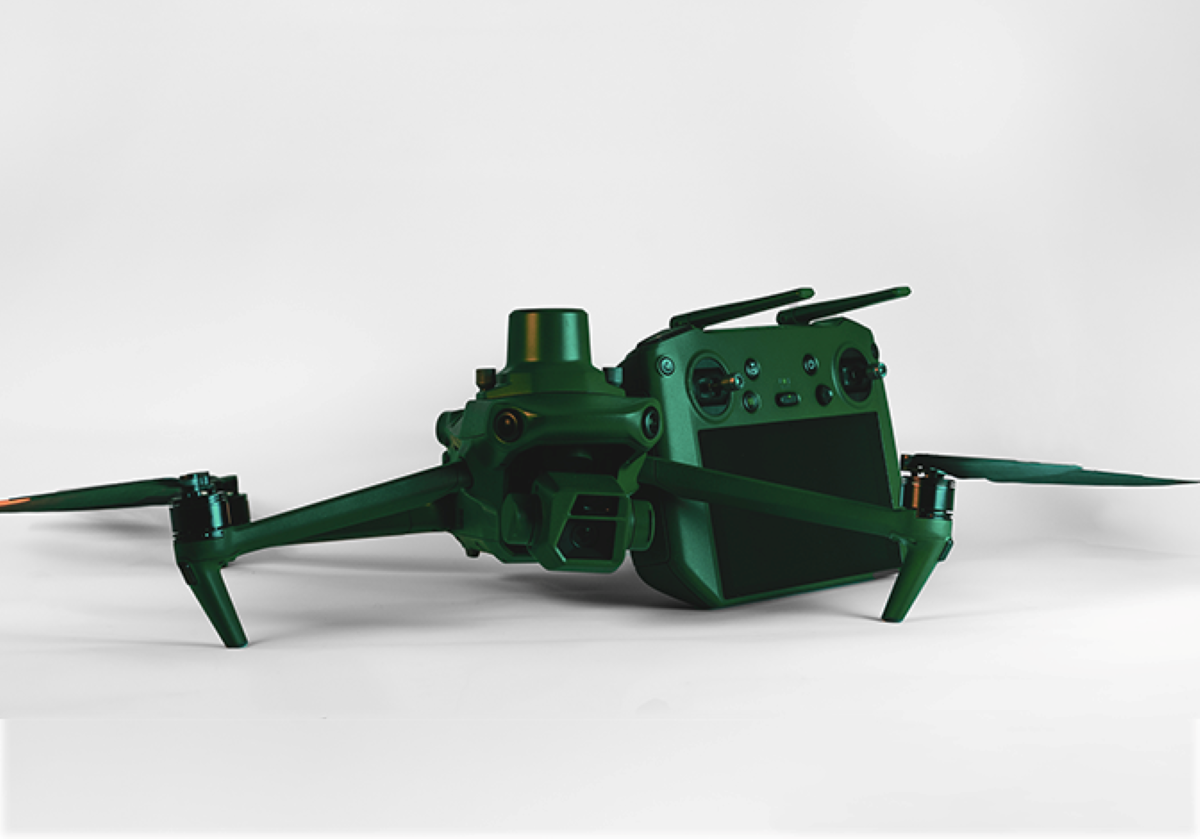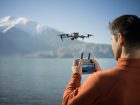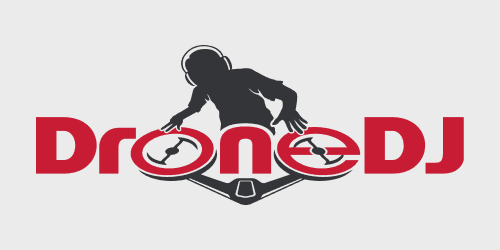
Earlier this year, Anzu Robotics announced its entrance into the US drone market with the launch of the Raptor and Raptor T industrial drones. Both drones are based on the DJI Mavic 3 Enterprise platform but the country of origin for the Raptor series is Malaysia, not China. As Congress weighs new legislation to completely ban DJI drones inside the US, here’s a detailed look at how Anzu Robotics and DJI are ensuring that US enterprises retain their access to world-class, affordable technology.
At the core of the partnership between Anzu Robotics and DJI is their licensing agreement. A licensing agreement is a legal contract that gives the licensee the right to use the licensor’s intellectual property, such as patents, trademarks, or technology, without the complexities of shared ownership or control typically seen in joint ventures.
Historically, many successful companies have utilized licensing agreements to expand their reach and accelerate development. Microsoft, for example, licenses its Windows operating system to numerous computer manufacturers, cementing its dominance in the PC market. Similarly, Amazon licenses its Fire TV operating system to hardware manufacturers like Toshiba and TCL, enabling them to produce streaming devices.
Other examples include Fitbit, which licenses its fitness tracking technology to create smart wearables, and Apple, whose CarPlay software license allows automobile manufacturers to enhance their vehicle infotainment systems.
Now that you understand how common this business practice is, let’s delve deeper into the partnership between Anzu Robotics and DJI.
The basic technology that Anzu needs to manufacture the Raptor and Raptor T drones all comes from DJI. Just like the Mavic 3 Enterprise, you get a 4/3 CMOS sensor 20 MP wide-angle camera with a 56x hybrid zoom camera for 12MP images in the Raptor. And the Raptor T combines 1/2-inch 48MP and 12MP cameras with a 640×512 high-resolution LWIR thermal imaging payload, also with 56x hybrid zoom capabilities. Both drones come with 45 minutes of flight time, a 9-mile range, and an optional RTK module accessory. They are also fully compliant with the FAA’s Remote ID rule.
But unlike China’s DJI, Anzu is an entirely independent, US-based entity with a distinct operational model. There are no royalties shared with DJI, no joint or shared ownership of Anzu Robotics, and no reporting on customer data.
Moreover, Anzu is manufacturing the Raptor and Raptor T drones in Malaysia to alleviate concerns about the country of origin and ensure compliance with international regulations. This move is particularly relevant given the geopolitical sensitivities surrounding technology manufacturing locations.
Anzu is further taking proactive measures to enhance data security. By partnering with Aloft, a leading software solutions provider with ISO 27001 and SOC 2 Type II certifications, Anzu is ensuring robust protection for sensitive data collected by its drones. The Raptor-series flight app, Air Control, has been developed by Aloft. The app has additional features lending itself to safety and compliance, but the flight experience and menus are very similar to leading flight apps.
Coming to after-sales service, Anzu has taken sole responsibility for supporting its products through the Anzu Care program. The company also plans to work with authorized repair centers, largely part of its reseller network, to ensure quick and quality service.
And this is why Anzu drones are priced around $1,500-$2,000 more than their DJI counterparts. But considering the lack of economies of scale, manufacturing in Malaysia, and US-based software, servers, and support, they still represent a bargain for large enterprises and public safety agencies. Because let’s not forget, other US-based alternatives start at double the price!
Overall, Anzu has positioned itself as a great DJI alternative by satisfying key geopolitical and cybersecurity concerns for most enterprise and public safety users. As the drone market continues to evolve, such strategic alliances will likely become more common, driving innovation and ensuring that companies can meet the complex challenges of a rapidly changing technological landscape.
Read more: New DJI policy: No flight record syncing for US drone pilots
FTC: We use income earning auto affiliate links. More.






Comments